Illustrative Image: Call for Proposals: Become a Partner in Combating Climate Disinformation
Image Source & Credit: The United Nation
Ownership and Usage Policy
Deadline to Apply: 7 July 2025
Issued by: United Nations Educational, Scientific and Cultural Organization (UNESCO)
In an era where accurate climate information is vital to global survival, UNESCO is launching a groundbreaking Call for Proposals aimed at tackling climate-related mis- and disinformation. This initiative—part of the Global Initiative on Information Integrity on Climate Change—seeks partnerships with not-for-profit organizations to strengthen the accuracy, integrity, and reach of information on climate change.
With funding ranging from USD 30,000 to USD 150,000 per project, this initiative offers an opportunity for civil society actors, researchers, and communicators to transform strategic ideas into impactful, evidence-based interventions.
🔍 Why This Matters: The Threat of Climate Disinformation
Climate disinformation is not just a communication issue—it is a direct threat to global climate action. False or misleading narratives:
-
Undermine the scientific consensus on climate change;
-
Delay policy decisions and weaken public support for climate action;
-
Threaten the safety of scientists, journalists, and human rights defenders;
-
Obscure the truth in regions most affected by climate-related crises.
Disinformation surrounding the climate crisis is particularly harmful in low- and lower-middle-income countries, where its impacts are felt most acutely yet are underrepresented in global research.
🎯 Objectives of the Call
This call invites proposals for innovative, scalable, and contextually sensitive initiatives that aim to:
-
Uncover and analyze the mechanisms through which climate disinformation is generated, financed, and disseminated;
-
Develop strategic communication campaigns that increase public understanding and trust in evidence-based climate information;
-
Support investigative journalism that exposes climate disinformation and promotes accountability;
-
Foster public resilience through credible science communication and media literacy initiatives;
-
Enhance research focused on information ecosystems, especially within the Global South, including studies on conspiracy theories, algorithmic manipulation, and orchestrated information campaigns.
By addressing both the content and the systems through which disinformation operates, UNESCO aims to catalyze a more truthful, coherent, and responsive climate dialogue.
🏆 Who Can Apply?
To be eligible, applicants must meet the following criteria:
-
Be legally registered as a not-for-profit entity (e.g., NGOs, academic institutions, civil society groups, investigative journalism organizations, or public-interest media) for at least two years prior to the deadline;
-
Be recognized or eligible to be recognized by UNESCO as implementation partners, responsible for managing resources and achieving defined outputs;
-
Demonstrate a track record of work in climate communication, research, or journalism;
-
Organizations from low- and lower-middle-income countries or those working extensively in these contexts are strongly encouraged to apply.
Proposals are welcome in English, French, or Spanish.
💡 What Will Be Funded?
UNESCO will provide financial and strategic support for proposals that:
-
Advance in-depth research into the sources, financing, and spread of climate disinformation;
-
Create data-driven narratives that elevate scientific facts over myths;
-
Produce high-quality journalistic investigations that challenge misleading claims;
-
Support community-based projects that strengthen media and climate literacy;
-
Establish or expand regional and global networks working on climate communication.
Beyond the financial support, selected projects will become part of a first-of-its-kind global network committed to promoting information integrity and shaping policy recommendations at local, national, and international levels.
🌐 Strategic Relevance: Building Policy Foundations
With the Paris Agreement’s Nationally Determined Contributions (NDCs) and COP30 in Brazil on the horizon, the need for factual public discourse and science-backed policy decisions has never been more urgent. This initiative aims to ensure that strategic climate communication is embedded in policymaking and civil society mobilization.
By fostering trustworthy, transparent, and inclusive communication environments, UNESCO hopes to bridge the gap between climate science and public action—especially in regions facing compounded challenges from climate change, biodiversity loss, and pollution.
📝 How to Apply
Interested organizations can access the full call details, eligibility criteria, and application templates through the United Nations Global Marketplace (UNGM).
-
Submit your completed application before 7 July 2025
🔁 Share the Opportunity
UNESCO invites all stakeholders—researchers, media professionals, climate advocates, and international organizations—to amplify this call. Combating the climate crisis requires collective intelligence, transparent systems, and collaborative action against disinformation.
Climate truth is a global good. Help us protect it.
For more information, visit the UNESCO Climate Disinformation Program page.



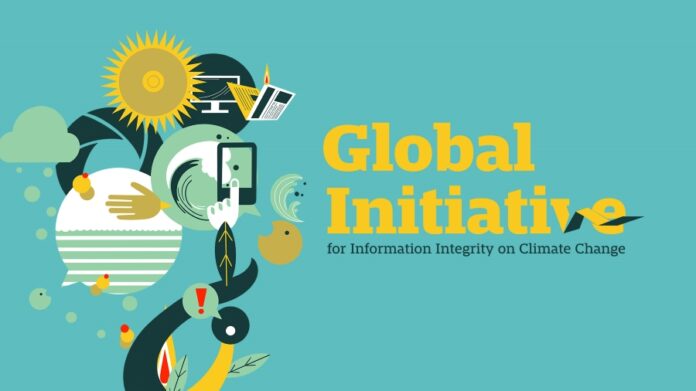
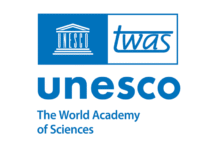
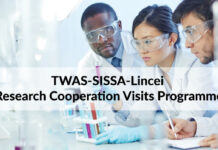
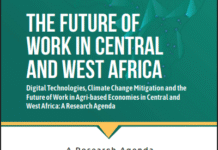
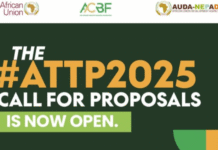

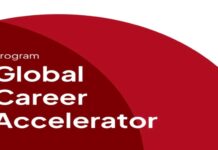

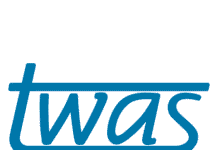
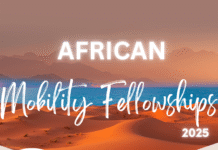



 The African Research (AR) Index is a comprehensive scholarly directory and database focused explicitly on journal publishers that publish and disseminate African research.
The African Research (AR) Index is a comprehensive scholarly directory and database focused explicitly on journal publishers that publish and disseminate African research.


Climate disinformation be corrected in no distant time
By Ibrahima Yakubu
Science and Climate Journalist, African Climate Reporters
Climate change is real. The science is clear. But today, one of the most dangerous threats to climate action isn’t just carbon emissions—it’s climate disinformation.
False narratives about climate science, denial of global warming, and manipulation of facts about climate policies are spreading rapidly—particularly across digital platforms and communities with limited access to scientific resources. These distortions mislead the public, polarize debates, and stall necessary progress.
As a journalist working with African Climate Reporters, I’ve seen firsthand how misinformation impacts local communities, fosters climate skepticism, and weakens trust in science-based reporting. In response, I am committing to become a partner in combating climate disinformation—and I invite others across Africa and beyond to join this mission.
Why Partnerships Matter
We cannot tackle disinformation alone. Combating it requires collaboration between:
Journalists, who can verify facts and tell accurate, compelling climate stories.
Scientists, who can communicate clearly and correct misconceptions.
Tech platforms, who can limit the spread of false content.
Educators and communities, who can foster critical thinking and media literacy.
By forming partnerships—between media outlets, fact-checking organizations, research institutions, and community leaders—we build resilience against disinformation and amplify the truth.
My Commitment
As part of this initiative, I aim to:
Publish regular fact-based reports on climate science and policy across African regions.
Collaborate with fact-checking networks to debunk false claims.
Train young journalists in environmental reporting and verification techniques.
Engage local communities in climate awareness and media literacy campaigns.